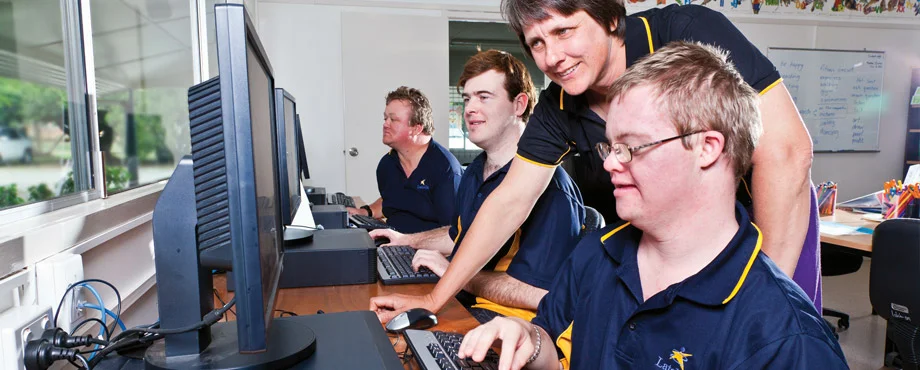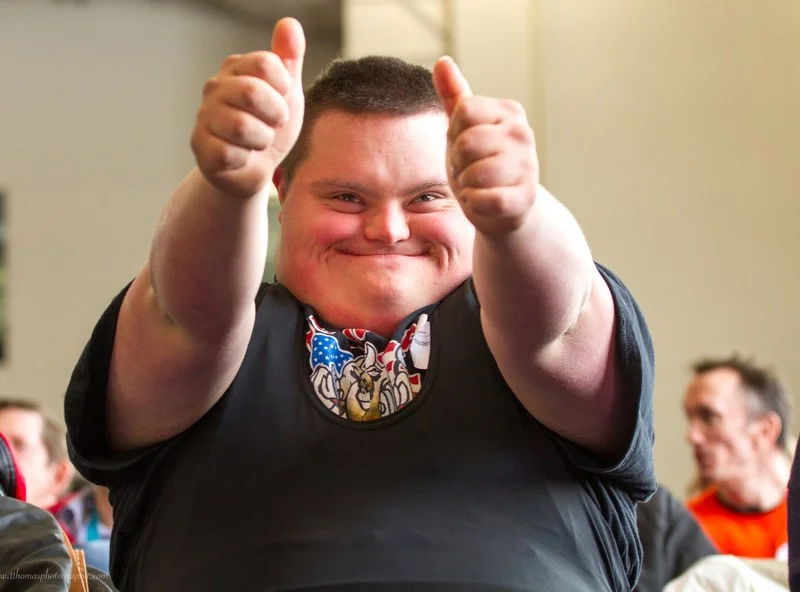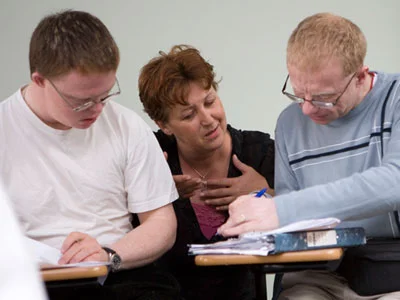POSITIVE BEHAVIOR SUPPORTS
PBS is based on a theory that repetitive problem behavior occurs because the individual is consistently being reinforced in the environment by either achieving something positive or escaping something negative. By focusing on the context and outcomes of the problem behavior in the environment, it is possible to determine the purpose of the behavior. After the purpose is determined, the PBS facilitator develops a plan to make the problem/target behavior less effective and efficient, and make the desired behavior more functional. This can involve changing system strategies, altering environments, and teaching new skills.
Activities that may be necessary, but are not limited to, are as follows:
1. Interviewing team members to identify issues to be addressed and desired outcomes of consultation
2. Observing the individual in their environment
3. Developing data collection methods that will help identify the antecedent, behavior, and consequence
4. Developing a support plan detailing the prevention, teaching, and reactive strategies
5. Training team members to implement interventions
6. Reviewing documentation and evaluating activities conducted by team members
The following funding sources are currently utilized: ID Waiver, Comprehensive Services Act, Department of Aging and Rehabilitative Services, IEP, contracts with organizations, and private pay.
MENTORING
Mentors use a strength-based approach in working with families to build relationships, which increase the likelihood that the individual will develop the necessary skills to meet treatment goals. Treatment will be tailored to the individual’s emotional and social needs. Mentors are able to work collaboratively with caregivers and professionals in a team-oriented approach to help the individual achieve goals set by the treatment team. Mentors have knowledge in challenging behavior and use preventative, teaching, and reactive strategies to meet treatment goals.
Mentoring is often used in conjunction with Positive Behavior Supports to achieve the best possible outcomes.
Types of strategies used:
1. Teaching and practicing coping skills
2. Role Playing
3. Social Skills Training
4. Relaxation Strategies
5. Teaching Replacement behaviors
6. Increasing positive communication skills
7. Practicing conflict resolution strategies
8. Skill acquisition in the community
The following funding sources are currently utilized: Comprehensive Services Act and private pay.








